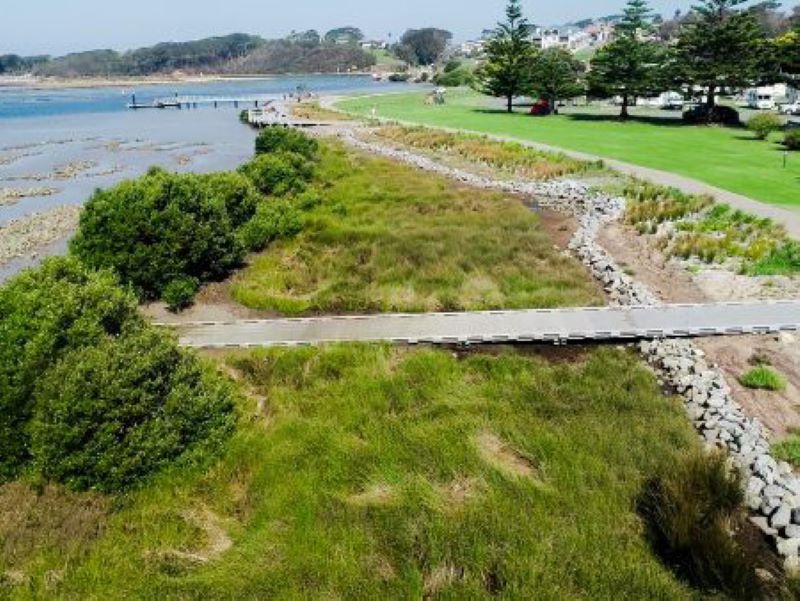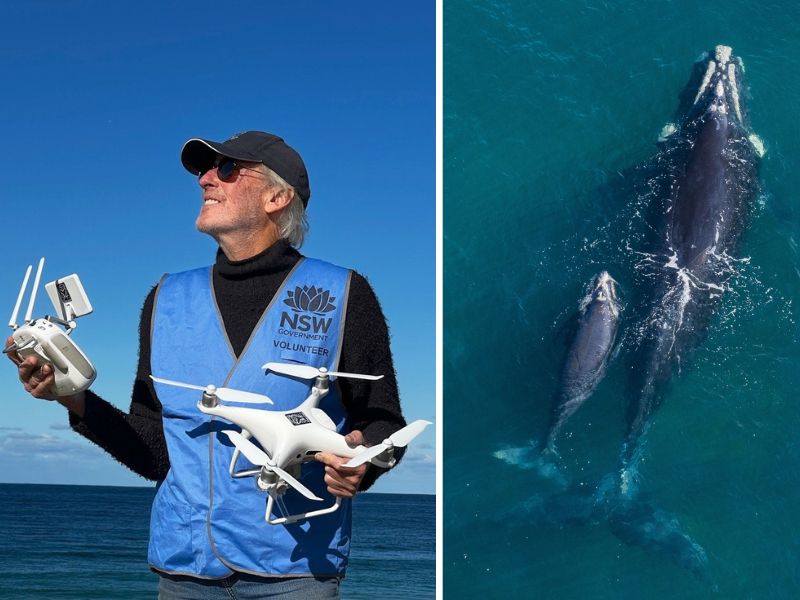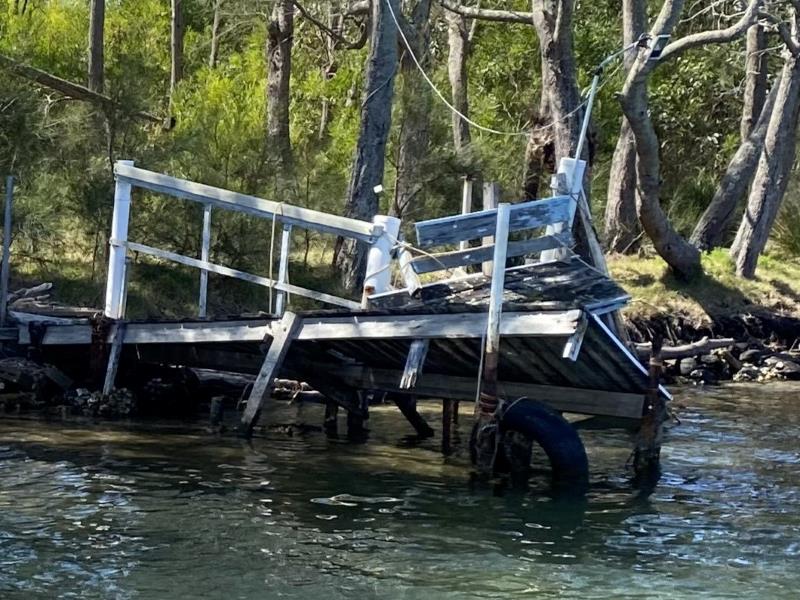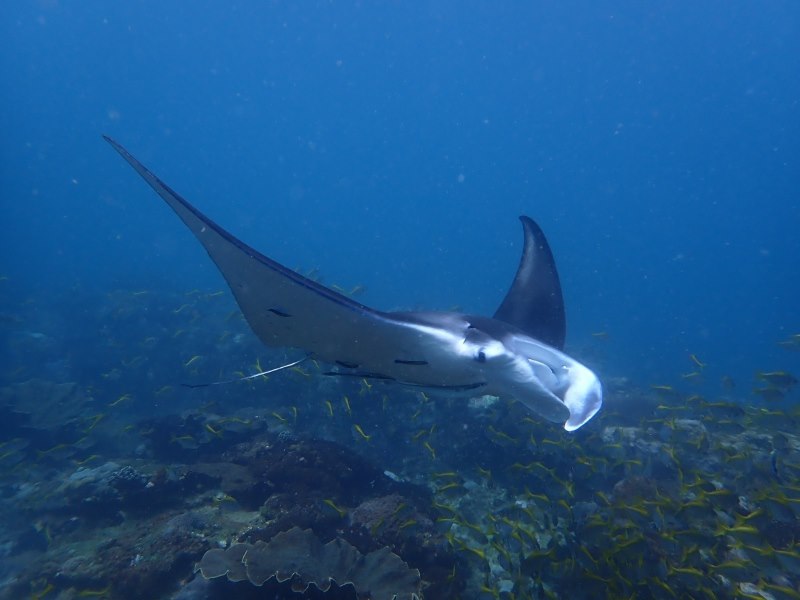Latest news
Hunting for treasures in Wagonga Inlet: How do we value our estuaries?
Narooma is a hidden gem on the South Coast, but what value does the community place on its natural treasures, particularly in and around the Wagonga Inlet?

Shout out to all our current and future Citizen Scientists
Global Citizen Science Month is a time to recognise and celebrate the work of the citizen scientists in our community.

Funding available to repair damaged public boating infrastructure
The NSW Boating Infrastructure Emergency Repair Pool (BIERP) provides critical funding to repair public boating infrastructure damaged by natural disasters or severe weather events.

